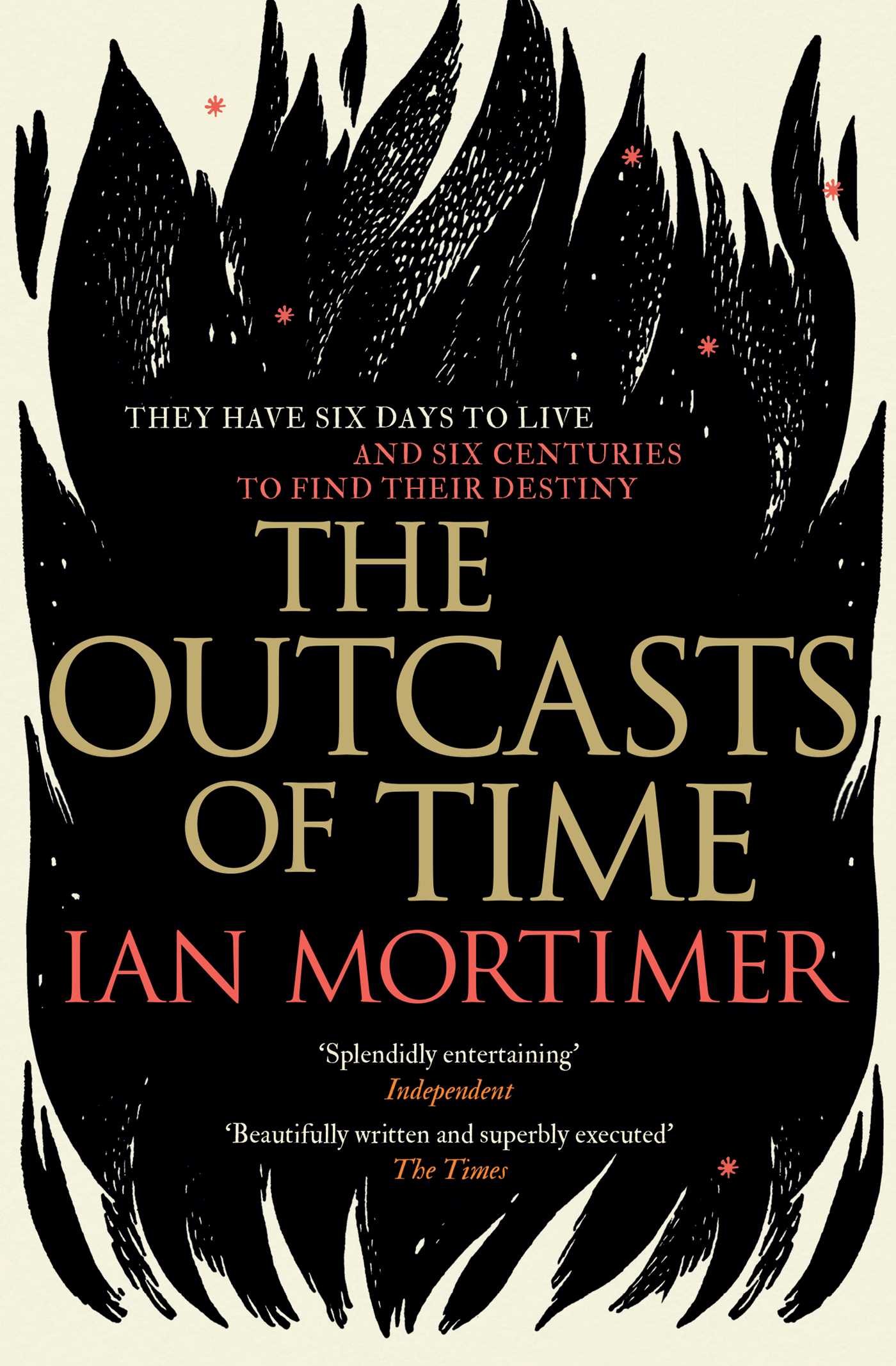The Outcasts of Time
(Start of chapter one)
Tuesday 16 December 1348
The first thing you need to understand is what it means to sell your soul. It is not a matter of shaking hands with a shadowy figure, or bartering promises with a burning bush. What do you have to sell? You don't know. To whom are you going to sell it? Again, you don't know. All you know is that your very desire to offer it up is accompanied by the most overwhelming urge to scream. You want to scream so much that you will empty your bones of time.
This is what I feel now - and have felt every day since I first saw the deadly work of the plague. When I look along the road into the distance and see no one, the desire to yell burns within me. When I look up towards the hills where once there was peace and tranquillity, I think of a horrific silence: abandoned farms and cottages, the carcasses of animals and the bodies of children and their parents. The absence of kindness. An eye without life. Now, as we approach the leafless oak on the edge of Honyton, and the inn beside it, the urge to cry out is overwhelming.
There were musicians playing when I was last here, three days before Michaelmas. That was just eleven weeks ago. I stop and let my travelling sack fall to the ground, and put my face in the hollow of my cupped hands; I whisper the names of my dead mother and father. My brother William turns and tells me to hurry, and makes a joke about me being slower than the dead. I take my hands away from my face, and stare at him, then pick up my sack and start walking again. But inside I am still yelling. I can do nothing to tell the world how I feel because everything is dying around us. And dying inside us.
I glance back at the leafless oak and remember the scene that day: the music and the gaiety. We were travellers passing through the town, watching the women and girls dance with the men, their hair let down, naturally flowing. They all had their favourites: you could see their loves in their eyes as they skipped past them. They were smiling at us too, as if they understood that we strangers, by watching their smiles, knew the secrets of their hearts. I remember slopping my ale cup and singing lustily, even though William and I had been intending to leave earlier, on our journey to Salisbury. Now, looking at that tree, I wonder how many of those women are dead. It seems that winter has twice fallen. Firstly, it has come upon us with the chill of December: in the bare branches stark against the sky, and the short days and the frozen puddles in the ruts of the roads. And secondly it is here in the crow-cry of cold despair, and the feeling that, unlike any previous year, there never will be another spring. Winter is a point of reckoning now, not a pause.
- Synopsis
- Reviews
- Start of the book
- Writing the book
- UK publisher's website
- Cover of UK hardback (first edition)
- UK audiobook (narrated by Barnaby Edwards)
- USA audiobook (narrated by James Cameron Stewart)
- Videos (filmed at Scorhill on Dartmoor, Exeter Cathedral, and in the library at Ian's house):
